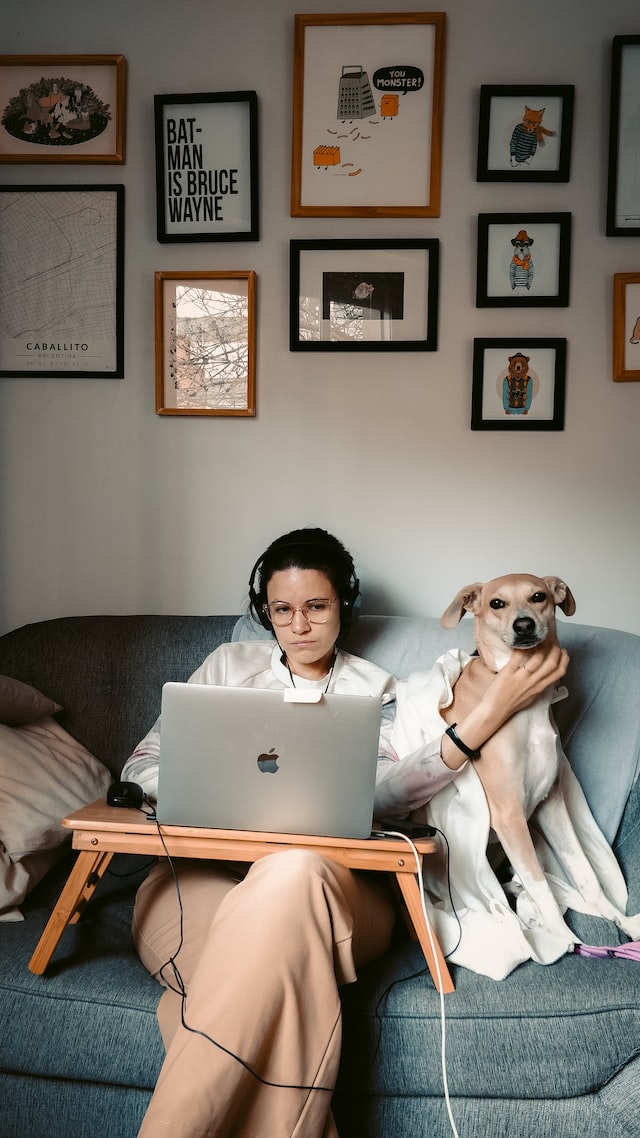Working from home (WFM) has become a major part of most of our lives, post-pandemic. Whether you’re usually stuck full-time in an office or are some kind of entrepreneur, you’ve probably lived your life on Zoom and online for the past two years.
An effective remote work business model isn’t easy for anyone. Boundaries become unclear, you can feel unproductive and there can be a major lack of communication.
If you want to stay productive but avoid burnout – let’s call it a happy work medium – here’s how to revamp your work business model with some top tips to get started.
Schedule
If there are no set times for working at home, why not? It’s hard to know when to start and stop if you have constant breaks and time to swan about the house and put some washing on. An unbalanced work-life environment can lead to working overtime or procrastinating.
To avoid this, create a workable schedule. Eg. one you can stick to. Set clear hours, eg, 9am-4pm and ensure you take a lunch break. You do need regular breaks from your screen but make sure they’re scheduled in or you could lose focus.
Creating an online schedule that you can share with colleagues is a great idea. That way, everyone can see what everyone is up to at any one time. Monday is a good example.
Communicate
Don’t forget you have colleagues who are also at home. Working from home can be isolating so it’s a good idea to include others in your work as much as possible. Collaboration should be a top priority if you’re working with a team.
Establish a daily call where you touch base with your workmates is a great idea to make sure everyone is on task and able to meet deadlines.
Set boundaries
Establishing limits around your space can help you distinguish when to work and log off for the day. Try setting aside a dedicated workspace – even if it’s just a tiny corner of your apartment or a desk in your room. This space can help you distinguish between work and play.
Creating specific rules will help you to stay sane! Say no to checking emails out of hours, taking your earned holiday allowance and taking sick days when they are required. All of which help avoid burnout.
These limits can make you more productive when you are working.
Be flexible
One of the best reasons for working from home is flexibility. Taking your lunch when you like, not having to sit in the traffic and picking up kids quickly if they are sick.While it is crucial to establish routines and boundaries, it’s equally important to have flexibility within them.
For example, if something comes up in your personal life (or that of your family member or employee) during the workday, try to be adaptable. This can look like recuperating an hour spent running errands in the afternoon by working later that night or allowing yourself to sleep in and work later after a bad night’s rest.
Flexibility takes the pressure off of staying on schedule all the time. It also enables you to adapt to life, whatever it throws at you.



 Bitcoin
Bitcoin  Ethereum
Ethereum  Tether
Tether  XRP
XRP  Solana
Solana  USDC
USDC  TRON
TRON  Cardano
Cardano  Lido Staked Ether
Lido Staked Ether  Avalanche
Avalanche  Toncoin
Toncoin